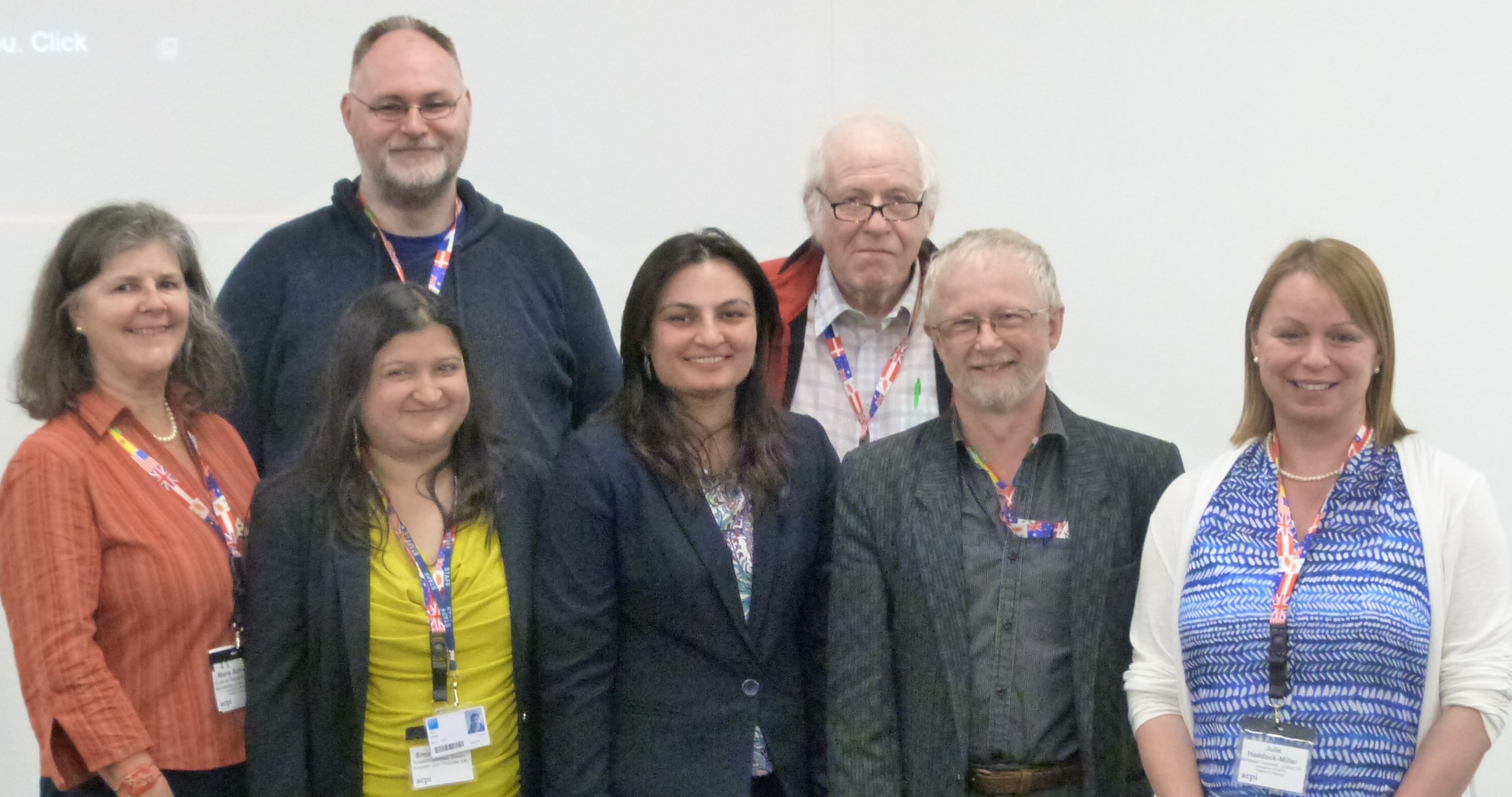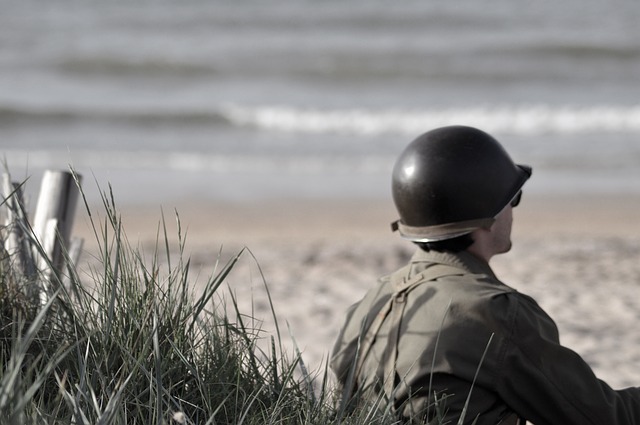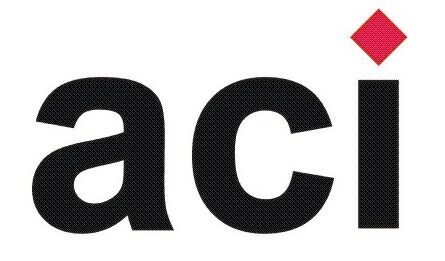
The Innovation in Teaching of Research Methodology Excellence Awards finalists and some of the judges at ECRM 2016 From left to right: Professor Marie Ashwin, Paul-Allen Armstrong, Smirti Cutaula, Alvina Gillani, Professor Dan Remenyi, Martin Uphill and Julie Haddock-Miller.
Call for Book Chapters
‘Book chapter contributions are being sought in areas such as contributors’ research, their teaching practices, their reflections on the research and teaching and learning of HRM & OB and how these might contribute to the further development of HRM & OB fields. A focus on Ethics and on the transfer of knowledge is appreciated. This includes the resistance toward the objectivisation of areas such as the banking system, colleges and universities. More generally, chapters will not only explore current teaching and learning methodologies, conceptual developments and research approaches into HRM and OB, but also unpack the wider socio-politcal and ethical role of HRM and OB as well as the paradoxes, tensions and challenges. Authors are encouraged to send in book chapter proposals to support the work intended.’
For more details and to submit a book chapter please contact Dr John Mendy.
Electronic Journal of e-Learning
Volume 14 Issue 2 of the Electronic Journal of e-Learning (EJEL) has recently been published. This issue is comprised of a selection of papers further developed from submissions to the 9th European Conference on Game Based Learning (ECGBL 2015). This special issue of the journal was edited by Robin Munkvold and can be read here: http://www.ejel.com/volume14/issue2 
Summer in Bavaria
The 15th European Conference on Cyber Warfare (ECCWS 2016) and Security will take place in Munich on 7-8 July 2016.
Munich is the capital and largest city of the German state of Bavaria, on the banks of River Isar north of the Bavarian Alps. The history of Bavaria stretches from its earliest settlement and formation as a duchy in the 6th century CE (AD) through the Holy Roman Empire to becoming an independent kingdom and finally a state of the Federal Republic of Germany.
Bavarian Food and Drink is famous around the world. At ECCWS 2016 we will be having the conference dinner at one of the famous Bierkellers (or beer cellar), where we will eat traditional Bavarian food and have the oportunity to taste the Bavarian beer as well.
The Normandy Battle Fields
The 3rd European Conference on Social Media (ECSM 2016) will take place in Caen, France this year on 12 – 13 July 2016.
Following the conference there will be an excursion to visit the Normandy battle fields and the D-Day beaches. Normandy played an important role in World War Two and in European history. This tour will take participants to visit several of the important sites and will conclude with a beachfront dinner and firework display.
For more details and to book please click here.
Video of the Month
How to Write a Great Research Paper by Simon Peyton Jones
Professor Simon Peyton Jones, Microsoft Research, gives a guest lecture on writing. Seven simple suggestions: don’t wait – write, identify your key idea, tell a story, nail your contributions, put related work at the end, put your readers first, listen to your readers.
Abstract of the talk
Professor Simon Peyton Jones, Microsoft Research, gives a guest lecture on writing. Seven simple suggestions: don’t wait – write, identify your key idea, tell a story, nail your contributions, put related work at the end, put your readers first, listen to your readers. Prof. Peyton Jones’ lecture contained a lot of question and answer sessions with the audience. These have been removed from this video, cutting the original 50 minute lecture down to 30 minutes.
Research Around the World
Su Anson, Maurice Said, Hayley Watson, & Kush Wadhwa,
Trilateral Research Ltd, London, UK.
Website: http://trilateralresearch.com/
http://goo.gl/1VdcTR
E-mail: Heyley Watson
Comparative Review of the First Aid App
Commissioned by the Red Cross Global Disaster Preparedness Center (GDPC), the research aimed to understand the impact of the host organization (i.e., national society) on the rollout and uptake of the First Aid App, developed under the Universal App Program. In collaboration with Fraunhofer Institute for Open Communication Systems (FOKUS), Utah State University (USU) and the Asian Disaster Preparedness Center (ADPC), primary and secondary research was undertaken with Red Cross representatives from nine countries. The report outlines the key findings related to the adoption, development and rollout of the First Aid App and provides recommendations to support the further rollout of the app.
Dr Pokkuluri Jiran Sree
Shri Vishnu Engineering College for Women
Vishnupur, Indiaemail: pkiransree@gmail.com
Cellular Automata in Cloud Computing with IOT
In this project, we focus our attention on the integration of Cloud and CELLULAR AUTOMTA-IOT, which is what we Cellular Automtall the CloudCELLULAR AUTOMTA-IOT paradigm. To bridge this gap, in this project we provide a literature survey on the integration of Cloud and CELLULAR AUTOMTA-IOT. Starting by analyzing the basics of both CELLULAR AUTOMTA-IOT and Cloud Computing, we discuss their complementarity, detailing what is currently driving to their integration.
Dr. Danny Glick
Visiting Scholar
Digital Learning Lab,
University of California, Irvine
Website: click here
email: glickd@post.bgu.ac.il
Short- and Long-Term Educational Strategy
To maximize the impact of new technologies, decision maker and practitioners must shift away from a 19th-century, Industrial-Age to a 21st-century Information-Age paradigm which fosters Any Time, Any Place, Any Path, Any Pace learning. Using Chile’s largest institution of higher education as a case study, the effects of Information-Age learning environments on learning processes and outcomes were analyzed. Latent Class Analysis (LCA) method as a clustering approach of educational data mining was employed to extract common activity features of 8,769 undergrad students taking blended courses spanning from 2012 to 2016. Three distinct classes emerged: High Achievers, Misplaced and Dropouts.
Dr Ahmed Imran
UNSW Canberra, Australia
Email: a.imran@unsw.edu.au
Web: http://www.ictforldc.com/pslp/
eGovernment capacity building and knowledge transfer through online
This is built on leveraging our earlier successful work (Imran,A., Gegor, S and Turner, T 2008/2011), which will address a much broader audience with the incorporation of leading-edge technology and educational pedagogy. The aim is to facilitate good governance through sustainable, culturally tailored online e-government knowledge portal for developing countries.
Adnan Aftab Nizamani
Universiti Teknologi Malaysia, Malaysia
website: click here
email: adnan.aftab11@gmail.com
Optimizing the behavior of water-based drilling fluids using nano-micron composite material
The objective is to improve the rheological and shale inhibition characteristics of water-based drilling fluids (WBDF) in drilling oil and gas wells at elevated bottom hole temperature. Oil-based drilling fluid results the problems of poor emulsion stability, affect well logging and not environmental friendly. Conventional WBDF deteriorated at elevated temperature and resulted unstable behavior of drilling fluids. Therefore, scientist attracted towards the use of nano-material in the drilling fluids. Nano-materials dispersed in the drilling fluids and improve its thermal and plugging properties. In this project, polymer (macro)-metal oxides (nano) composite materials are synthesized and used to improve the performance of conventional WBDF.
Dr Konstantina (Dina) Martzoukou
iSchool – Aberdeen Business School
The Robert Gordon University, Aberdeen
email: k.martzoukou@rgu.ac.uk
website: click here
International Summer School on Information Know-How
The Information Literacy Group (CILIP) is pleased to support an international summer school on information know how on the beautiful island of Corfu. Participants will be able to develop their expertise in key information literacy techniques all amongst the stunning scenery and rich culture of this popular Greek isle: http://ionianwebinars.gr/summer-school/
Julie Watson, Andrew Davey, Charlotte Everitt
eLanguages, University of Southampton, UK
Email contact: C.E.Everitt@soton.ac.uk
Website link : click here
Prepare for Pre-sessional: the student learning experience on an online course
This on-going research focuses on exploring the student experience on a five week online course in English language development for international students who need to improve their academic reading and writing skills in preparation for study in the UK. This ‘ready-to-go’ online course can be licenced by institutions to be tutored by them and delivered to their own students. Online tutor training and course content including assignments is included.
Dr. Kelly La Venture, Lisa Kittleson, and Hanna Moher,
Marketing Assistance and Research Solutions,
Bemidji State University, USA
To see MARS website click here
To see GWNF website click here
Email: Kelly La Venture
An Exploratory Study to Understand the Skills Gap in the Bemidji Area Community
The skills gap is real. Organizations in the Bemidji area community need job candidates who have the essential skills and abilities to fill open and needed positions. Then, upon hire, candidates can use these essential skills and abilities to immediately make a productive contribution to the organization. The George W. Neilson Foundation recognized this gap and partnered with MARS to interview local business leaders. Through the interview process, MARS researchers collected information from leaders in fourteen sectors. Data collected helped to identify the gap between the skills employees need to be effective in their jobs and the actual skills possessed by job candidates and employees who work in Bemidji area organizations.
John Suler,
Science and Technology Center,
Rider University, USA
To see website click here
email: John Suler
Cyberpsychology Architecture
This research explores “cyberpsychology architecture” as an interdisciplinary model for understanding and designing digital environments. How people react to a particular online environment depends on how that particular environment is constructed from the eight fundamental dimensions of cyberpsychological architecture. These dimentions include: identity (presentation of self); social (relationships and groups); interactive (human computer interaction); text (long and short forms of text communication); etc. The history of the internet has taught us that the power of cyberspace is its potential to isolate, minimize, enhance, manipulate, and combine these dimensions in surprisingly unique and useful ways.
Dr. Broto Rauth Bhardwaj
Entrepreneurship, Innovation & Technology management Cell,
Bharati Vidyapeeth University, New Delhi
email: Broto Rauth Bhardwaj
Strategic Alliance between emerging, developing and developed countries: Circular Economy Model (CEM) for sustainable growth opportunities
The purpose of the research project is to find the role of sustainable technologies, process and capabilities for creating sustainable solutions for present day problems including economic growth, challenges for inclusive education, pollution, business growth and social inclusion others.The research will value add to the existing literature by development a sustainable circular economic model.We are looking forward to collaboration with the other research organisations for furthering the cross country research sustainable circular economic c model.
Dr. Susan Crichton University of British Columbia
Dr. Lilian Vikiru Institute of Educational Development
Aga Khan University
To see website click here
email: Susan Crichton
email: Lilian Vikiru
Leapfrogging Pedagogical Challenges: Using Appropriate Technology to Foster Innovations in Literacy for the Knowledge Age
This two year funded research introduced the Maker Movement to educators in rural Tanzania. A tangible result of the project was a resource in both English and Swahil.
Dr Hamadoun I. Touré
Secretary-General, International Telecommunication UnionTo see website click here
email: Kim Andreasson
Digital Divides: The New Challenges and Opportunities of e-Inclusion
“Twenty-five years after the introduction of the Internet, more people around the world are offline rather than online. Given the opportunities of a digital society, it is time to reassess old challenges to bridge the access gap and analyze emerging concerns towards greater e-inclusion. I’m pleased that Kim Andreasson, as an e-government adviser to the United Nations for more than a decade, helps to raise awareness of these issues and I am confident that the information contained within this volume will help to further bridge digital divides.”
Dr. Chris Flaherty
University of Wollongong, Australia
To see website click here
email: Dr. Tony Green
Behavioural Model for Terrorist TTPs (Tactics, Techniques, and Procedures)
A model of individual behaviour used for simulation of terrorism within populations. Drawing from psychodynamics, and terrorism literature, to identify linkages between people’s personalities, beliefs and interactions; with individuals, groups and society. Based on interactions between various traits in the dimensions that determine the behaviour for an individual, within a population simulation.
Eric Legale and Matteo Satta
Issy Média, France
To See website click here
email: Matteo Satta
Issy-les-Moulineaux and ISEP: fostering R&D to boost innovation
The City of Issy-les-Moulineaux has recently settled a collaboration with the prestigious schoolsISEP and Ecole des Ponts but also with the CNRS to foster Open Innovation. This settlement has represented an important event for the City as both organizations have soon started collaborating on different events and planning common interest activities.
Danilo Piaggesi
Managing Director, FRAmericas
To see website click here
email: Danilo Piaggesi
Monitoring progress in deployment of science, technology & innovation for the United Nations sustainable development goal n. 17
FRAmericas is implementing U.N.SDG17 in the area of “ICT for development”, developing baseline data for selected target indicator;constructing a database to collect, verify and register activities of governmental and non-governmental organizations; creating an open platform to which registered organizations can access and contribute their inputs to the monitoring process.
Prof. Srikanta Patnaik,
SOA University, Bhubaneswar, Odisha, IndiaTo see website click here
email: Srikanta Patnaik
Nature Inspired Computing for Optimization and ManagementThe aim of Nature Inspired Computing is to develop new computing techniques after getting ideas from nature’s behavior. It is a computing system operated by population of autonomous entities surrounded by environment. This computing has a repository of local behavior rules, which are crucial to autonomous entity and capable of learning. These techniques are applied in science, engineering, as well as economics and management.
